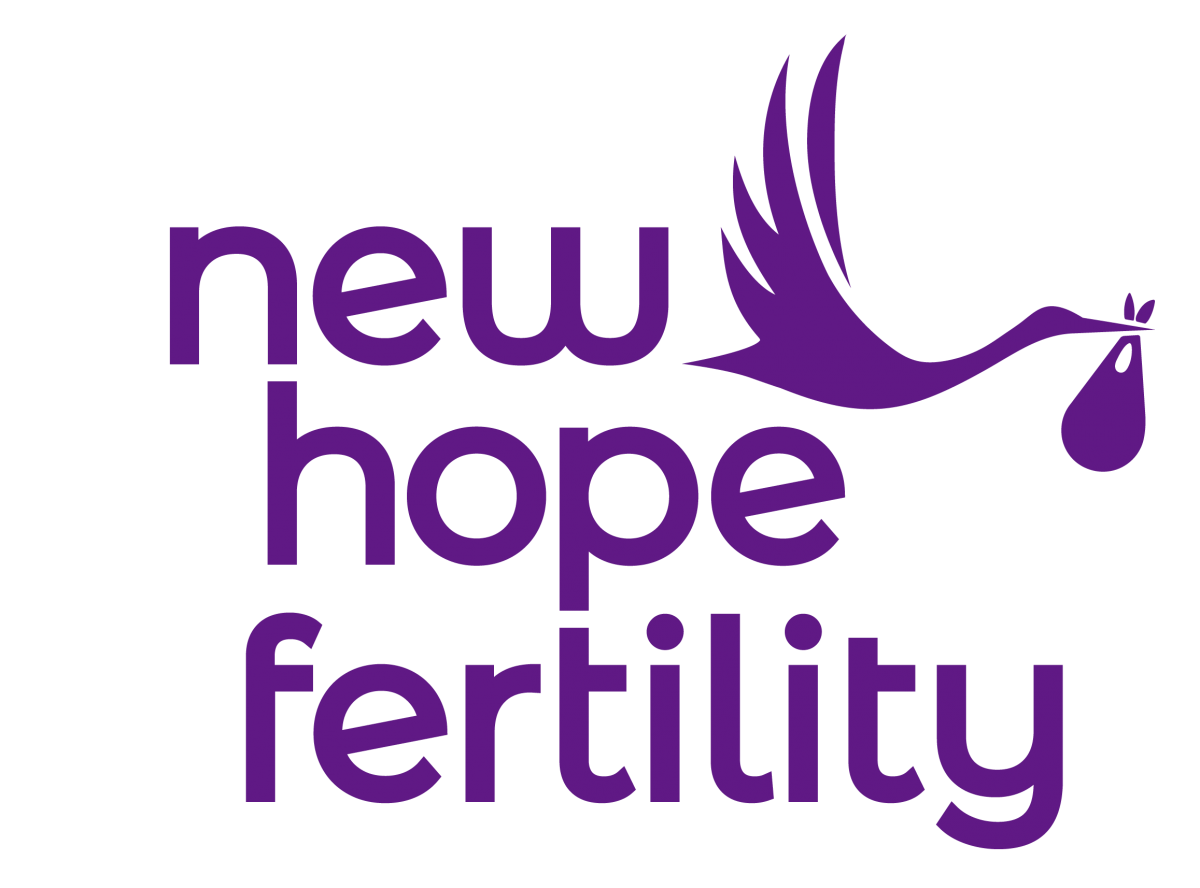Curious about the IVF process?
In-vitro fertilization (IVF) is one of the most well-known fertility treatments. At its most basic, the conventional IVF process sounds quite simple: a fertility specialist combines an egg and sperm outside of the body to form an embryo and then implants that embryo into the uterus. But there are a few more details worth knowing before you move ahead with IVF, all of which give you a better idea of what to expect and whether IVF is right for you.
The IVF Process: Step-By-Step
A single IVF process, start to finish, usually takes about six to eight weeks. During that time, a number of key steps take place, all of which help determine your chances of success.
Step 1: IVF Consultation
A consultation is the first step in the IVF process. You’ll learn about the different types of IVF available to you, and get insight on what your best next steps might be. You’ll also have a chance to discuss financial considerations and your clinic’s IVF success rates.
Step 2: Ovarian Stimulations
Ovarian stimulation encourages the ovaries to release as many eggs as possible. The more eggs, the more chances for a healthy embryo.
To stimulate the ovaries, your fertility specialist will prescribe targeted medications that contain FSH, or follicle-stimulating hormones. These drugs tell the ovaries to start growing eggs and preparing them for release. During ovarian stimulation, you will undergo regular testing via transvaginal ultrasounds and bloodwork to see how well the drugs are working.
Step 3: Egg Retrieval
Egg retrieval is an outpatient procedure that manually collects the eggs your ovaries have prepared. A day or two prior to this procedure, you’ll take a hormone injection that helps the eggs mature.
During an egg retrieval (or follicular aspiration), your doctor will use a thin needle to carefully suction out each egg one by one. You’ll be given pain management during the procedure to avoid any discomfort, though cramping is expected in the one or two days following their retrieval.
Step 4: Egg Fertilization and Embryo Testing
After egg retrieval, male partners will provide a sperm sample, which will then be tested for viability. If all looks good, eggs will be fertilized through a process known as insemination. Abnormal sperm can still be used for fertilization using a process called intracytoplasmic sperm injection (ICSI).
Fertilized eggs are closely monitored to check for proper development into embryos. From there, embryos that appear successful will be tested to check for viability and, if requested, genetic composition.
Step 5: Embryo Transfer
The last step in the IVF process is the embryo transfer. This can be done using freshly fertilized embryos or frozen embryos, depending on your unique situation.
Prior to the transfer, you’ll be given an injection that helps prep your uterus to receive the embryo(s) and hopefully allow them to implant. Multiple embryos are often implanted at once to increase the chances of success.
Factors That Influence the IVF Timeline
The IVF process may look a bit different for different people. That’s due to a number of factors that can impact the IVF timeline and extend the time that it takes to complete one or more steps.
These factors include:
- Individual health factors – Age, BMI, smoking, alcohol consumption, and conditions like endometriosis or polycystic ovarian syndrome are all health factors that can negatively affect success rates at various steps of the IVF process.
- Treatment protocols – The IVF process, step by step, looks different for conventional IVF versus other IVF treatment methods, as can the need for additional IVF procedures like cryopreservation (egg freezing) or embryo biopsies.
- Clinic-specific procedures – Some clinics extend the IVF process due to additional procedures, such as practice embryo transfers, which are intended to increase the chances of a successful transfer.
Managing Expectations and Emotions During the IVF Process
IVF is a big deal, and it’s normal to feel overwhelmed, anxious, excited, stressed, fearful, or a mix of all of these emotions, especially when you add hormone treatments into the equation.
It’s important to keep in mind that the IVF process can, and often does, vary from person to person. Professional counseling can help you manage your emotions during this time, as can self-care and community support. Take it one step at a time, and talk to your doctor about any concerns you have – or if you simply need reassurance on how things are going.
Ready to Start Your IVF Journey?
Before you can start the IVF process, you need to find a clinic you can trust. At New Hope, we’re dedicated to supporting our patients through IVF in any way that we can. Please contact us to learn more about IVF, and let’s work together to ensure you’re able to face the process with hope, patience, and resilience.

